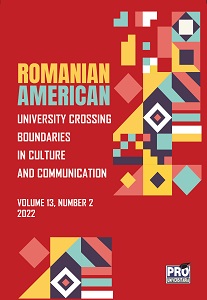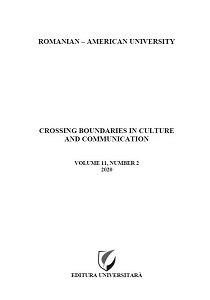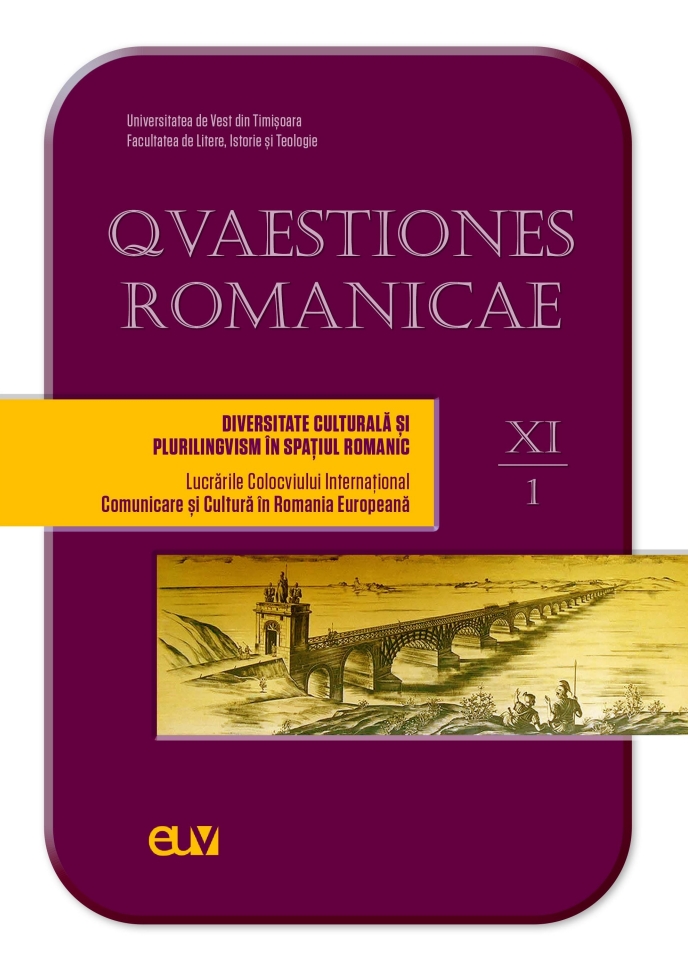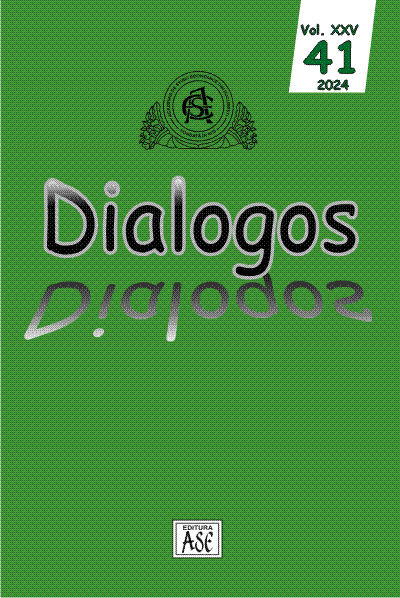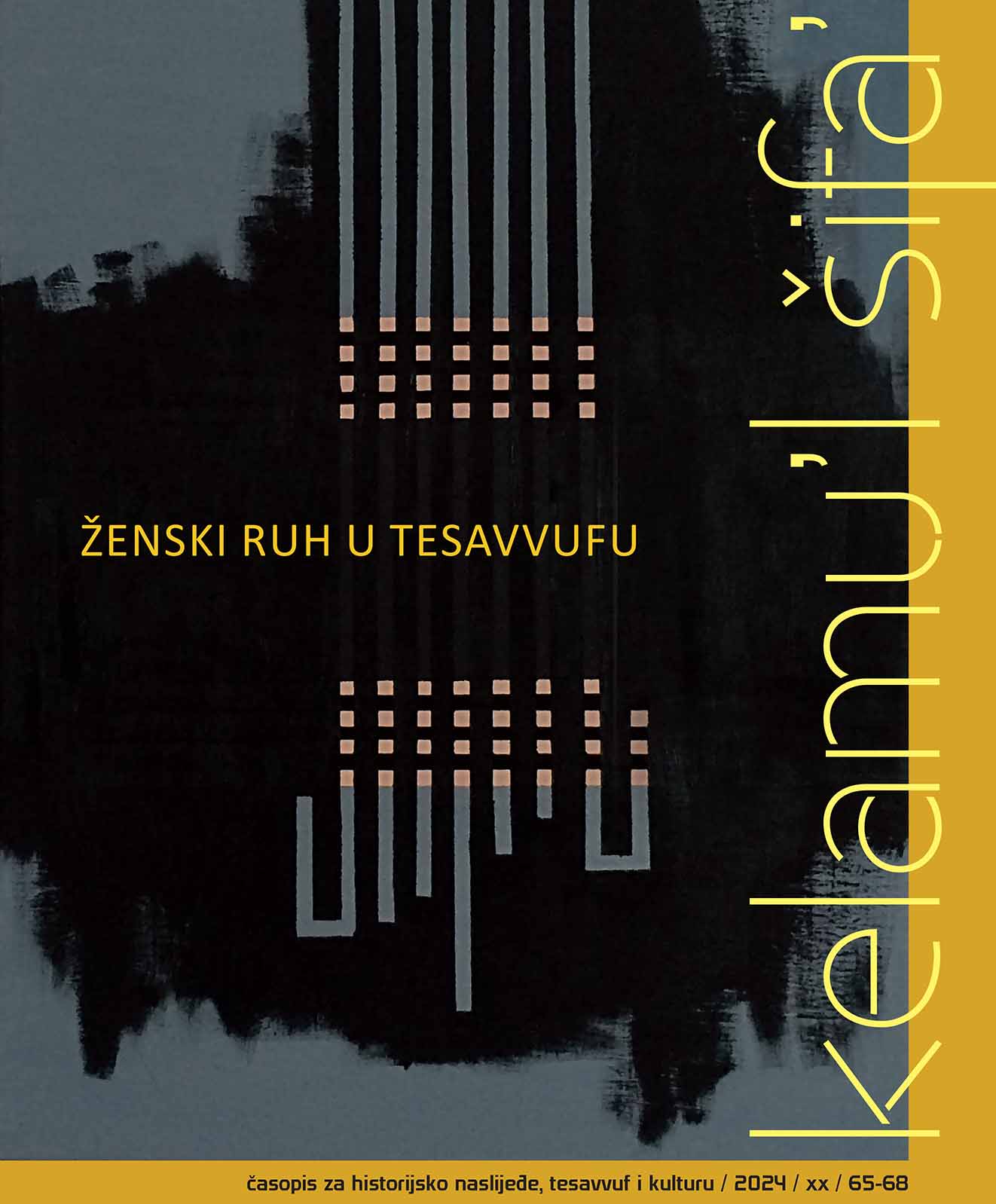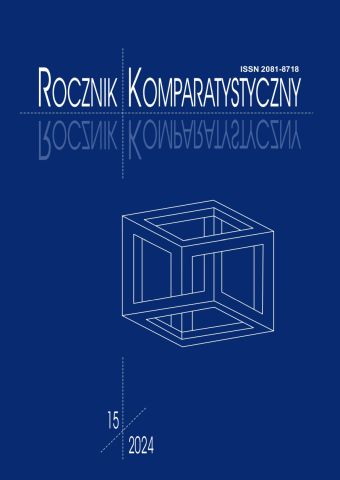Author(s): Alexandra Roxana MĂRGINEAN / Language(s): English
Issue: 2/2020
The starting point for this analysis is that Coriolanus Snow is a character that has not beencapitalized on fully in the trilogy of The Hunger Games, leaving us with a sense ofincompleteness, as far as the narrative, emotional and psychological potentialitiesconnected with him, as well as, perhaps, a feeling that this unexploited potential has donehim injustice. The introduction to the study, called Relay, puts this notion forth, lookingback (or, rather, forward, in the chronology of the story) to the context of the trilogy’sending, to see what avenues of meaning it has opened to cause this sense in both thereceiver of the work and in its author, since Collins decided upon a prequel. Then, once wehave established that Coriolanus Snow is the highlight of the research and explained thepotential rationale behind that, the next section looks into the biography of the character,relying on the logic that his background and origin of his family, as well as significantevents in his early life, which turn out to be highly traumatic, may delineate some traits ofcharacter that he sets out with in the journey of his life and becoming. The third partfocuses on elements that may be considered as links with the trilogy, i.e. aspects that arehighly symbolical and rich in signification and which will go through a type of flourishmentlater on, holding the skeleton for the interpretation of the whole story. This part reveals theother directing line in our research, or other interest, but the scrutiny into these aspects isalways related with the character Snow, shedding light on his future way of being as well.The conclusions reiterate the ideas stated previously with respect to Snow’s personality andaspects that connect the prequel with the trilogy, also highlighting the focal protagonist’sevolution. We conclude that Coriolanus Snow’s becoming is influenced by his traumaticpast, but mainly and mostly, as far as its negative turns, by the politics and morals of TheCapitol.
More...
